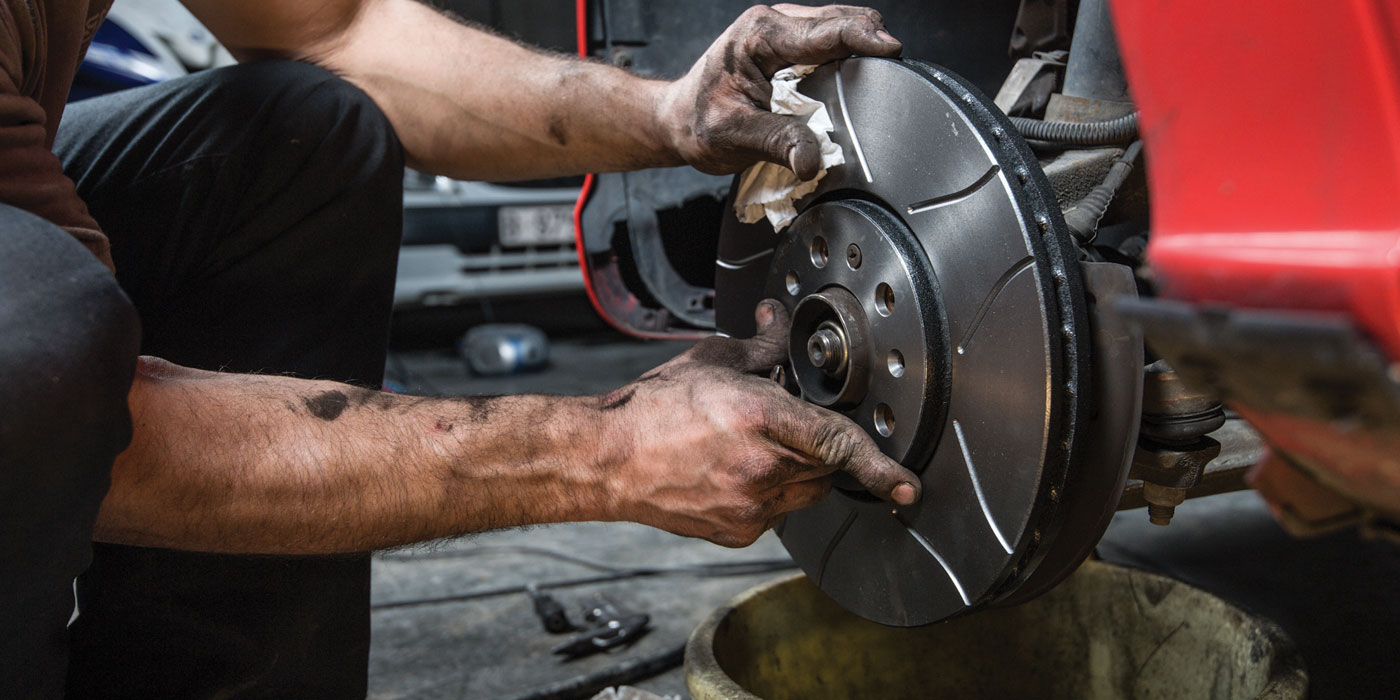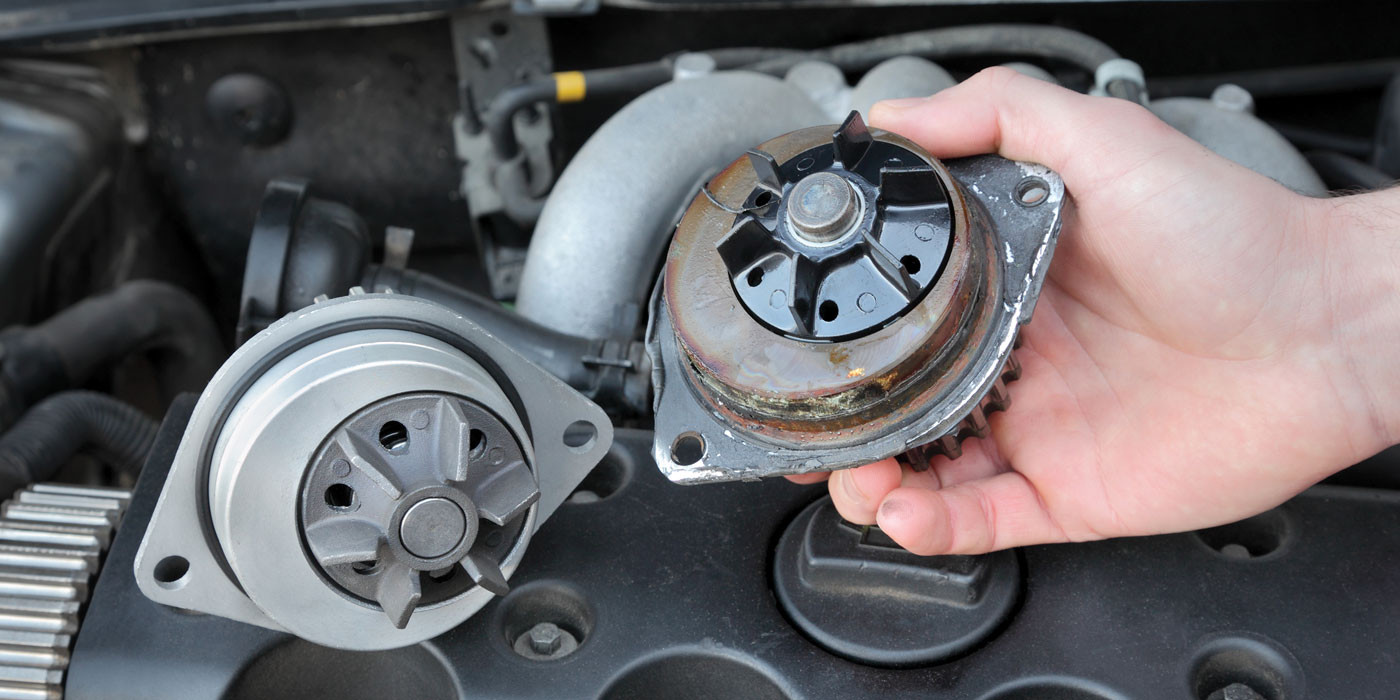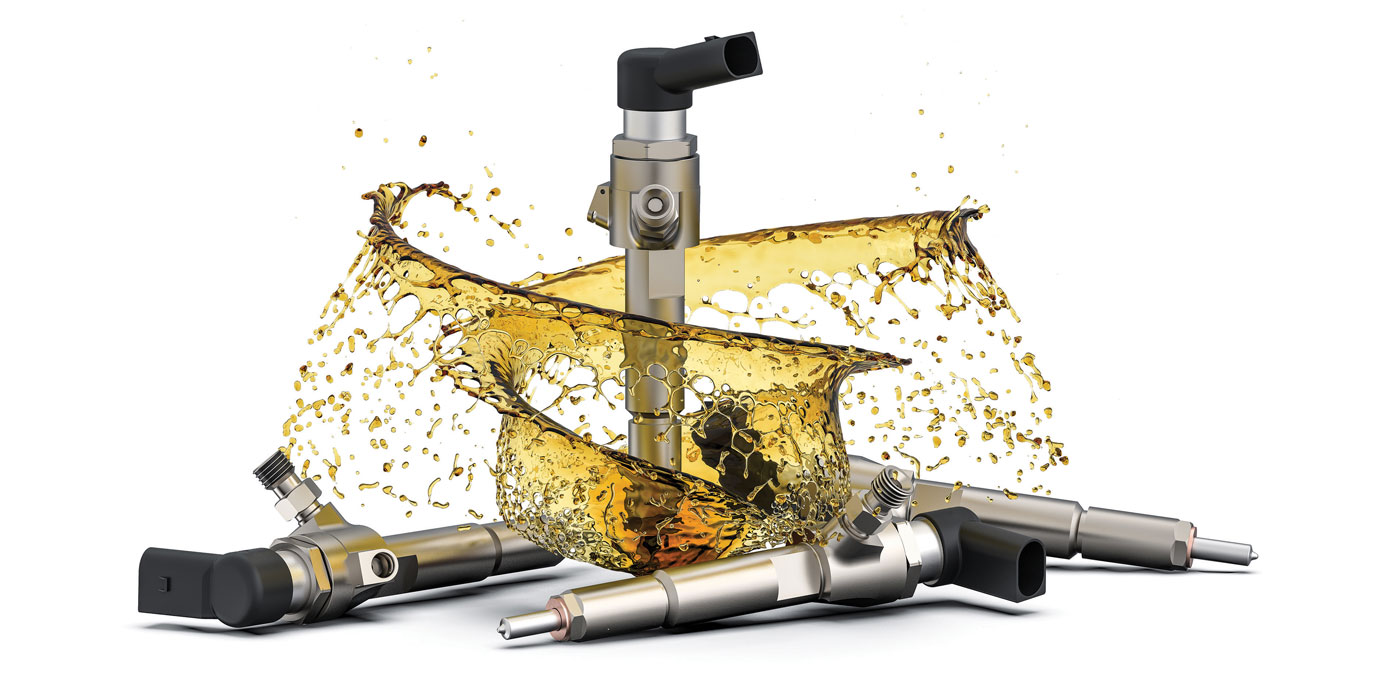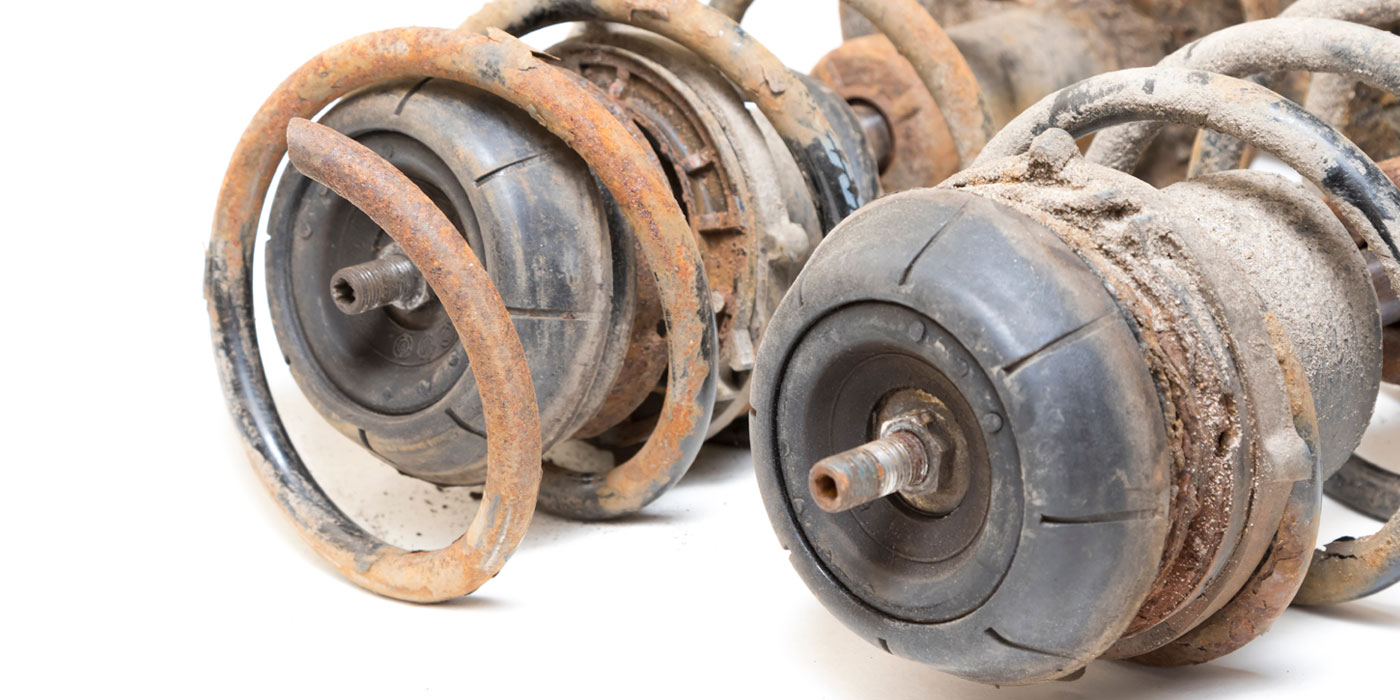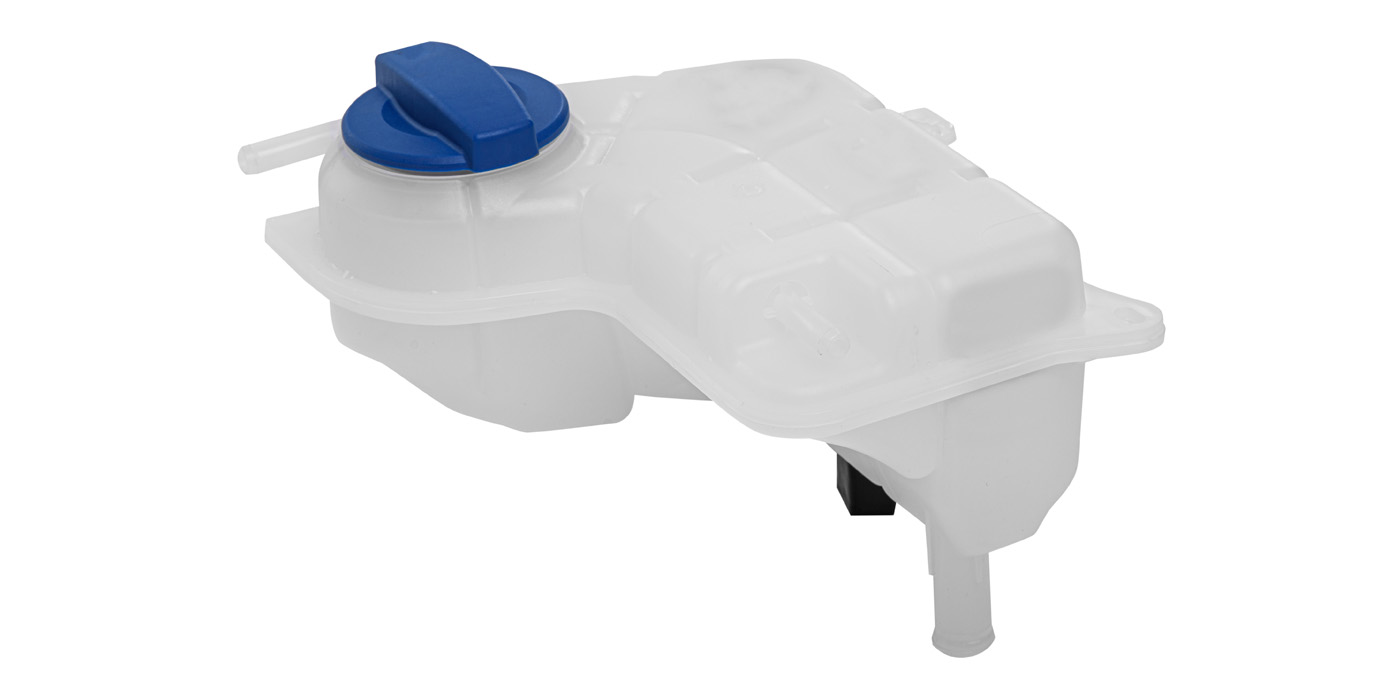Like the early tremors of an on-coming earthquake, recent efforts in several states to explore the licensing of independent auto repair shops may foreshadow future changes in how the independent automotive service market conducts its business. Auto repair shop licensing is not a stand-alone issue. To the contrary, shop licensing is a symptom of the many frustrations and economic inequities faced by legitimate shop owners trying to compete in a sophisticated industry where some operate with no standards of professional or ethical conduct.
On the pro-regulation side of the issue, a minority of independent shop owners feel that industry-driven regulation is needed to level the economic playing field between shops that spend significant amounts of money complying with local business, environmental, and zoning regulations and those that profit by ignoring those regulations. If the pro-regulation people prevail, the population of marginally profitable professional shops and the population of gray-market, “Backyard Bob” operations will surely diminish.
On the anti-regulation side, a majority of politically conservative independent shop owners fear that any regulation, whether legislative or industry-driven, will prove to be excessively punitive and ultimately ineffective in controlling industry fraud and incompetence. If the anti-regulation people prevail, the frustration and economic inequities currently suffered by the minority will be perpetuated.
SHOP LICENSING UNDER A MICROSCOPE
During its 2006 Congress of Automotive Service and Repair (CARS) held in Las Vegas, the Automotive Service Association (ASA) hosted an auto repair shop licensing forum that allowed industry and governmental representatives to air their views on shop licensing. The panel, chaired by ASA Board of Directors Chairman Charlie Elder, included Mona Fandel of the Broward County (Florida) Consumer Affairs Division, Larry Hecker of the Motorists Assurance Program Standards for Automotive Repair, Kevin McCartney of Automotive Support Services, John Miller of Freedom Automotive Service Inc., Tony Molla of the National Institute of Automotive Service Excellence (ASE), and Dennis Sterwerf of Fairfield Auto and Truck Service.
Advantages discussed by the panel included licensing as a way to: 1) improve the quality of repairs, 2) improve the industry’s image, 3) require industry adherence to industry standards, close the perceived gap in expertise between independent and dealership shops, and 4) require shops to hire qualified technicians and provide proper equipment. Disadvantages discussed included the possibility of licensing: 1) becoming just another business tax with no material benefits, 2) increasing the reach of government regulation, 3) not eliminating unlicensed shops, 4) adding to the authority of over-zealous enforcement agents, 5) discouraging shops from getting training and equipment that exceeds the mandated minimum.
Currently, ASA supports shop licensing by providing the information and guidelines to ASA members who need to make informed decisions regarding shop licensing issues in their respective states. ASA continues to provide forums that allow members and the industry in general to debate the merits of various shop licensing proposals.
STATISTICAL UN-REALITY
Unfortunately, current statistical data doesn’t indicate true economic issues underlying the shop licensing effort. Many industry operatives believe projected statistical data indicating that automotive maintenance and repair will continue to be an ever-expanding market. But many industry activists feel that projected data doesn’t take into account the major reductions in the maintenance and repair needs of their vehicles that modern technology has brought about.
An increasing vehicle population and an increasing number of miles driven are the only factors that offset the increased reliability and reduced maintenance needs of today’s vehicle fleet. Shops located in areas that don’t see continued growth in miles driven and vehicle population are the most likely to feel the economic impact of shops operating either at the edge or completely outside of current local and federal regulations.
A diversity of opinion exists throughout the industry concerning the legal and ethical gray areas of over-selling quick services like fluid flushes and other high-margin, low-skill services not found in the auto manufacturer’s maintenance schedules. Too often, shops resort to selling unneeded quick services to boost sales. In addition, many gray-area shops are guilty of blatantly misdiagnosing problems or of performing sub-standard and often unneeded repairs.
The statistical reality of the situation is further compounded by the methods different states use to deal with fraud and incompetence in the automotive service sector.
States that have legislation in place addressing fraud and incompetence usually have a statistical record of how prevalent bad business practices have become in their respective localities.
States that do not have such legislation in place must rely on their civil court systems to address fraud and incompetence issues in their automotive service sectors. Unfortunately, because automotive service issues become lost in the civil court system in these states, the extent of fraud and incompetence in their automotive service sectors can be difficult to document.
TO REGULATE OR NOT
Many shop owners feel that legal and ethical infractions in the auto repair industry have become so prevalent that the situation begs for government intervention. Their solution is to proceed in a proactive manner by devising alternative legislation that achieves the two-fold purpose of addressing the prevailing legal and ethical issues confronting the auto repair industry while at the same time protecting the interests of legitimate repair shop owners.
Their licensing proposals focus on three basic levels. The first level requires all shops to comply with existing zoning, environmental, taxation, and consumer legislation. The second level requires all shops to obtain the technicians, training, information, and equipment they need to support the services they advertise. The third level is to improve the image of the industry by raising threshold employment standards for those who wish to become an auto repair technician.
Many shops operate without the benefit of paying for garage keeper’s liability insurance, workman’s compensation insurance, payroll taxes, or income taxes.
Even worse, many “under-the-table” outfits are operating in areas not zoned for commercial business, aren’t meeting current EPA standards for handling and disposal of hazardous waste, and certainly aren’t meeting basic EPA and OSHA standards. Shops operating outside legal boundaries can achieve as much as a 30 percent price advantage over shops complying with local regulations.
THE CURRENT STATE OF LICENSING
Because most professions, such as plumber, electrician, beautician, or barber require a state license to practice their trades, most consumers assume that auto mechanics are also required by law to pass some type of test to be qualified to repair customer vehicles. To the contrary, only a few states or localities have employment standards in place for automotive technicians. Among the 20 or more states with shop licensing requirements are California, Michigan, Florida, and Hawaii.
California is generally regarded as having the most restrictive and perhaps the most punitive requirements. In other states, an auto repair shop license may amount to little more than a licensing fee.
Licensed shops in some states often are targets of local enforcement while unlicensed and otherwise undocumented repair shops are routinely ignored. Florida’s Broward County licensing process is generally regarded as the model for other localities to follow because it includes input from Florida’s independent service sector.
MYTH VERSUS REALITY
As economic pressures of doing business in a legal and socially ethical manner continue to pummel legitimate, well-equipped shops, the debate on shop licensing will continue to intensify. The myth perpetuated in former times was that the world would beat a path to the shop with the better service mousetrap.
But the reality for most shop owners is that automotive service has become a price-sensitive commodity with little to differentiate it in the minds of customers from that of its competitors. The shop licensing debate will not resolve itself until the industry achieves the unity required to resolve these legal and ethical issues.


